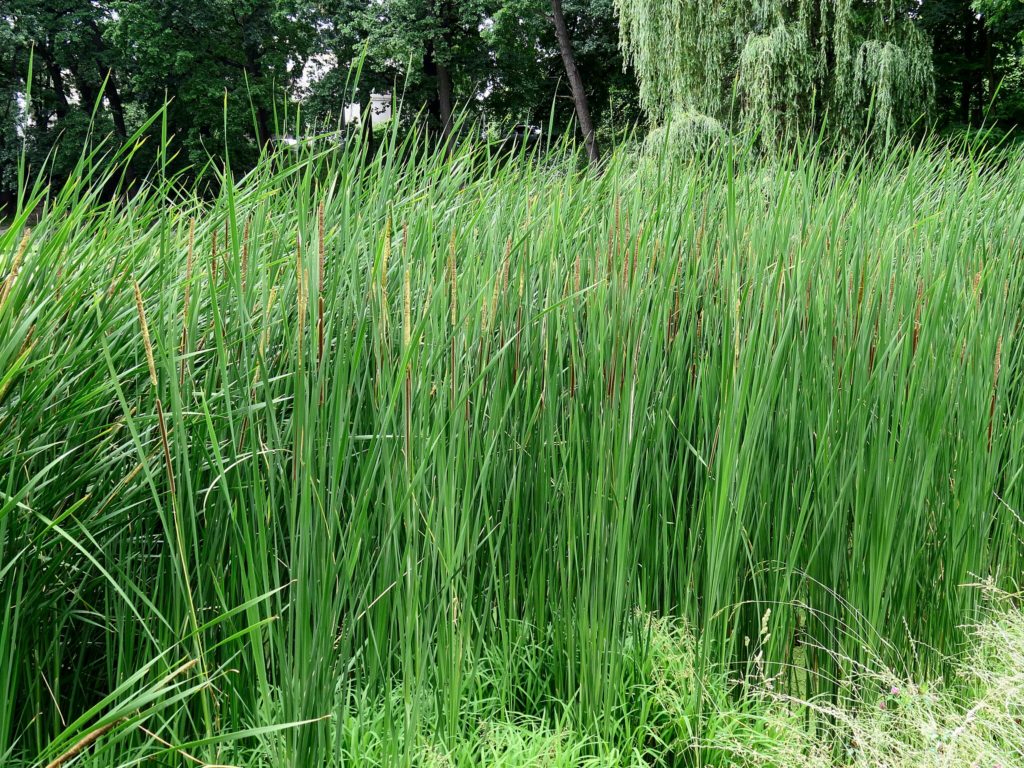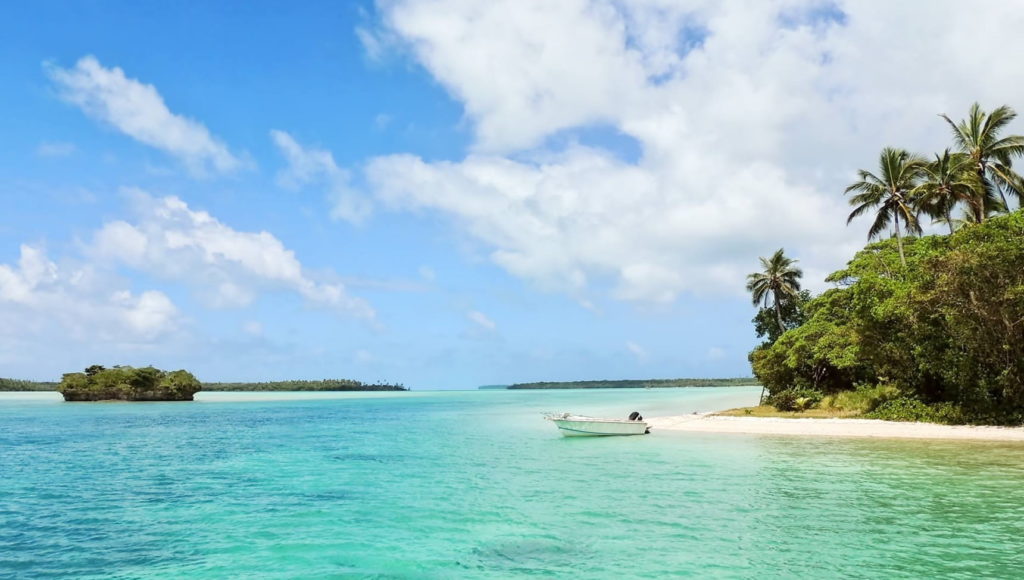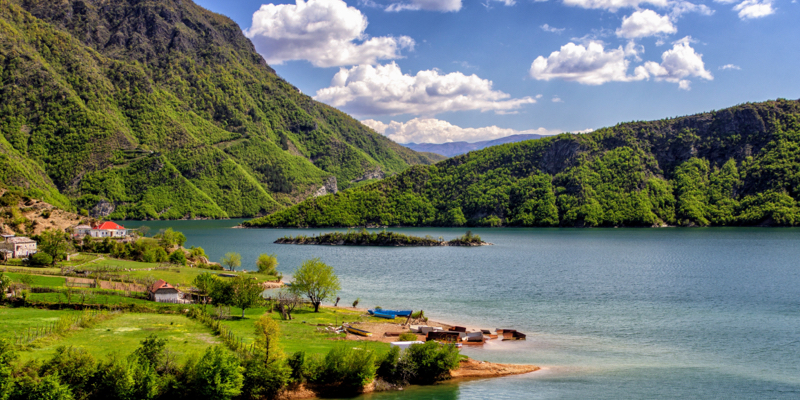- Sector : Renewable Energy
- Location : Senegal

Overview
The Consortium is providing technical assistance to an initiative that aims to restore and preserve the biodiversity of the Senegal River Valley and paves the way towards a regenerative agriculture and sustainable energy by turning typha australis (an invasive plant) into bio-energy.
The Challenge
The exponential proliferation of the reed Typha Australis in Senegal has invaded a large part of the Senegal river limiting fishing and farming areas, threatening biodiversity, and affecting the livelihoods of local populations. In terms of health, this leads to an increase in water borne diseases with an increase in the number of people affected (urinary and intestinal bilharzia).
The available biomass from Typha Australis is estimated at more than three million tons in the valley of the river Senegal, providing the potential to produce 42 MW of clean electricity. Biochar and digestate are two other promising uses of Typha whose combined properties can be harnessed for plant nutrition, soil regeneration and carbon sequestration while ensuring local production.
SCF’s Involvement- Technical Assistance
SCF is providing a grant to cover the cost of a pre-feasibility study of Typha potential (mapping according to volume/ha), productivity t/ha/year in the project site.
This study will have two parts with the following objectives:
Part 1: White paper on the use of Typha
· Draw up a summary of the current state of knowledge concerning Typha and, especially, its proliferation in the area: characteristics of this development, stakeholders impacted and/or involved, plans for managing the problem, characteristics of the materials, recovery potential, etc.
· Gathering data and analysing existing experiences of projects using Typha Australis to produce bioenergy and organic fertilisers in Senegal, to inform a potential future investment from the Subnational Climate Fund in Senegal in the long-term.
Part 2: Case Study of the Lac de Guiers sites and the left bank of the Senegal River
· Evaluate the quantity of Typha that can be harvested from these two sites with a view to setting up bioenergy plants in Senegal.
· Analyse the sampling areas, particularly with regard to the specific features that may affect Typha collection (e.g. water depth).
· Identify and estimate the ecological risks associated with mass Typha harvesting.
· Analyse the logistical aspects of harvesting, drying and transport to processing platforms, taking into account the costs associated with these operations.
Our Target Impact
The goal of this project is to have positive environmental and social benefits through the maximizing of waste recycling and creating a reliable energy source.
-

SDG 13 Climate Action
The project is expected to:
• Avoid GHG emissions by providing a non-fossil fuel energy source from waste biomass. Avoided CO2e estimates are to be calculated in a future study.
• produce biochar sequestering carbon permanently. 115,000 tonnes of CO2e would be sequestered annually, based on 50,000 tonnes of biochar (2.3 tonnes CO2e/1 tonne biochar).
-

SDG 8 Decent Work and Economic Growth
The World Bank predicts that Senegal will grow by 10.5% in 2024, the most out of any sub-Saharan African country, although unemployment remains high at 22%. Employment in Senegal is generally informal (over 95%) indicating potential income security issues for many people.
The project will create 120-150 formal jobs and provide training for local communities.
-

SDG 5 Gender Equality
Senegal scored 0.67 in the economic participation and opportunity area of the gender gap index in 2022, meaning that women were 33 % less likely to have equal economic participation and opportunities than men. 98% of women are employed informally.
Walorise will provide jobs for women and integrate women’s groups into the commercial distribution of organic fertilizers to family farms.
The project will comply with SCF Gender Policy.
The investment described above is a potential pipeline investment of SCF. There can be no guaranty that the investment will be completed on the terms described or implied above, that SCF will be able to successfully invest in such investment or that impact targets will be achieved.


